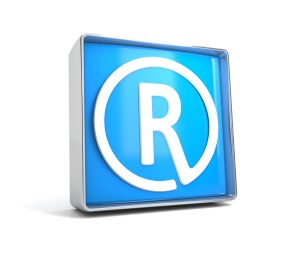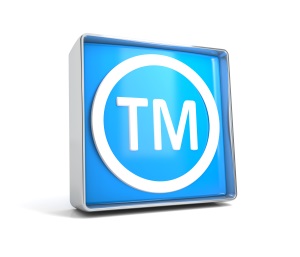
Businesses wanting to sell their own brands on the market often use the symbols ® and ™. We are often not aware of the implications of these symbols, but they are used to give a brand an allure. Rather, case law shows that the use of these symbols can have significant, important consequences.
What do ® and ™ mean again?
The use of ® en ™ is not legally regulated. This quickly creates the impression that these symbols can be used too haphazardly. But case law shows that they cannot be used so liberally. The ™ symbol stands for “trademark” but in fact has no meaning under Dutch law. What is clear is that ™ does not stand for “registered trademark”.
Can the ™ symbol be used just like that?
In a 2017 ruling, the Board of Appeal (the Board) of the Dutch Advertising Code Authority (Stichting Reclame Code), carefully considered whether the ™ symbol could be used for a non-registered trademark, Versfilter (used to describe a milk production process), and in particular whether the symbol was misleading to the public. This was because the question was whether Versfilter could be registered as an exclusive trademark given its descriptive character. What is important is how the average customer understands the ™ symbol and whether the presence of this symbol influences purchase behaviour.

What did the Board of Appeal decide?
The verdict of the Board of Appeal was that by using ™ with Versfilter, the public recognises a word that the producer uses to try to differentiate its product from that of its competitors and that there is nothing misleading in this. What also helped the party concerned in this case, was that it was the only one that used the process referred to by Versfilter. It appears that this decision can easily be extended to other parties wishing to use ™ in combination with an unregistered (descriptive) trademark, because their trademark is clearly always intended to differentiate their product from similar products of competitors.
And what about ®?
It appears that not so much discussion is possible regarding the meaning of ® which always stands for “registered trademark”. The content is therefore clear: without trademark registration, the use of ® can be misleading, because due to the fact that an incorrect suggestion of exclusivity arises, a purchase decision is taken that otherwise (without ®) would not have been taken. From a practical point of view, the question is of course whether a consumer actually makes a purchase because he thinks that a trademark is registered, but care is needed when using ®.
How does it work in the EU?
The ® symbol says nothing regarding the question of where the relevant trademark is registered. Fortunately, the European Court of Justice deals with this aspect very practically by deciding that if a trademark is registered in one EU member state, the use of ® is permitted in another member state (where no trademark registration exists). The free movement of goods and services is an essential cornerstone of the EU and making adjustments such as deleting the ® symbol constitutes a disproportionate restriction.

